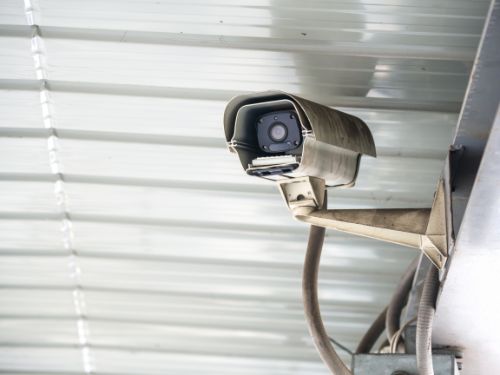In today’s fast-paced world, ensuring the safety and well-being of individuals is a paramount concern for property owners and businesses. Negligent security incidents can occur when property owners fail to take reasonable steps to provide a safe environment, leading to harm or injury to visitors or tenants. Texas law recognizes the importance of maintaining adequate security measures and holds property owners accountable for any negligence that results in harm. This article will explore the common types of negligent security incidents in Texas and the legal requirements associated with seeking justice.
Inadequate Lighting and Surveillance Systems
One of the most prevalent forms of negligent security incidents in Texas is inadequate lighting and surveillance systems. Poor lighting can create an environment conducive to criminal activities, making it easier for perpetrators to commit acts of violence or theft. Similarly, the absence or malfunctioning of surveillance systems diminishes the ability to identify and deter potential threats.
To establish liability for inadequate lighting or surveillance systems, certain requirements must be met. The injured party must demonstrate that the property owner knew or should have known about the deficiency and that it directly contributed to the incident. Consulting an experienced attorney is crucial to gather evidence, such as maintenance records or prior incidents, to support the claim.
Lack of Proper Access Control
Another common type of negligent security incident in Texas is the lack of proper access control. When property owners fail to implement effective measures to control access to their premises, it can lead to unauthorized entry and increased risks for visitors or tenants. Insufficient access control can result in incidents such as assaults, robberies, or even more severe criminal acts.
To establish liability in cases involving inadequate access control, the injured party must prove that the property owner knew or should have known about the security vulnerabilities and failed to address them. Gathering evidence, such as records of previous security breaches or requests for enhanced access control, can significantly strengthen the case.
Defective or Inadequate Security Measures
Negligent security incidents can also arise from the use of defective or inadequate security measures. This includes malfunctioning alarm systems, faulty locks, broken gates, or inadequate security personnel. When these measures fail to protect individuals on the premises, property owners can be held liable for any resulting harm.
To establish liability in cases involving defective or inadequate security measures, the injured party must demonstrate that the property owner failed to exercise reasonable care in providing adequate security. Expert testimony or evidence of previous security assessments can be essential in supporting the claim.
Inadequate Staff Training and Response
Inadequate staff training and response is another significant factor contributing to negligent security incidents in Texas. Property owners have a responsibility to ensure that their security personnel are well-trained and equipped to handle potential threats and emergencies effectively. Insufficient training can lead to delayed or inappropriate responses, exacerbating the risks faced by visitors or tenants.
To establish liability in cases involving inadequate staff training and response, the injured party must show that the property owner failed to provide proper training and supervision to their security staff. This can include evidence of inadequate training protocols, lack of emergency response plans, or a history of negligent behavior by security personnel.
Failure to Warn of Known Dangers
Property owners also have a duty to warn visitors or tenants about any known dangers or risks present on the premises. Failure to warn can result in negligent security incidents, where individuals are exposed to hazards without adequate knowledge or precautions. These dangers can include areas prone to criminal activity, defective equipment, or unsafe conditions.
To establish liability in cases involving the failure to warn of known dangers, the injured party must demonstrate that the property owner was aware of the specific risks and had a duty to warn individuals about them. Evidence such as prior incidents, complaints, or documented knowledge of dangerous conditions can be crucial in supporting the claim.
Negligent Hiring and Retention Practices
Negligent security incidents can also occur due to property owners’ negligent hiring and retention practices. Employing individuals with a history of violence or criminal behavior, failing to conduct thorough background checks, or retaining employees with a known propensity for violence can increase the risks faced by visitors or tenants.
To establish liability in cases involving negligent hiring and retention practices, the injured party must show that the property owner failed to exercise reasonable care in the hiring and retention of employees with access to the premises. Background checks, employment records, or evidence of prior incidents involving employees can be instrumental in building a strong case.
If you or a loved one have been a victim of a negligent security incident in Texas, it is crucial to seek justice for the harm caused. By consulting with a skilled and knowledgeable attorney specializing in premises liability cases, you can explore your legal options and pursue rightful compensation for your injuries, medical expenses, emotional distress, and other damages.
At Chavez Law Firm, our experienced attorneys are dedicated to representing individuals who have suffered due to negligent security incidents. We understand the complexities of Texas law and have a proven track record of successfully advocating for our clients. Contact us today for a free consultation, and let us help you navigate the legal process and fight for your rights.
